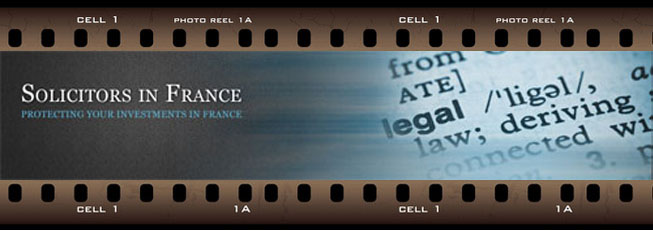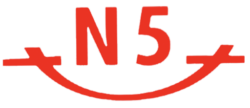
Move your business forward in France.
Previously, many enterprises were deterred from setting up business in France because of complex labour laws and tax and social security regimes, but over the last couple of years there has been considerable reform in the way in which companies can set up and operate, with simplification and harmonization of taxation laws and working practices.
Expert legal advice is imperative to ensure that you take full advantage of the new legislation and working practices that are now in place.
”Show-More”
There is a myriad of operating styles dependent upon the circumcumstances of your business structure and the professional sector in which you work ( eg the construction and performing arts sectors have a specialised format of trading ) however in general the main company trading styles are:
Société Anonyme (SA) – The most sophisticated french company trading style that requires seven company officers and is entitled to launch publicly.
Société à responsabilité limitée (SARL) a company that has limited liability to the amount of the company share issue with at least two officers.
Société par actions simplifée (SAS) – a recent style of corporate trading and tailored towards holding companies and foreign corporations wishing to retain total control over subsidiaries.
Société par actions simplifée unipersonnelle (SASU) – this is a one person SAS.
l’Entreprise unipersonnelle à responsabilité limitée (EURL) – this is a one person operative SARL.
In addition to corporate entities there are several trading styles that can be opted for by individual traders and partnerships, for example:
Société en nom collectif -(SNC) general trading partnership
Société Civile – (SC) a non trading partnership.
Groupement d’intéret économique (GIE) -A consortium of related businesses pooling their resources for competitve advantage.
All trading entities are obliged to keep certain accountancy records.
Daybook – All movements that affect the assets and liabilities of the trading entity should be recorded, operation by operation and on a daily basis in the Daybook (sales, purchases, costs etc).
Inventory ledger– An annual list of assets and liabilities, the annual profit and loss account is to be recorded in that book.
General ledger – a listing of all accounts being used.
Although accounts should be drawn up in french, accounts drawn up in a foreign(non french) language sometimes are accepted by the authorities.
Whatever your choice you will be obliged to abide by the laws in France and for that reason it is important that you seek clear, concise, legal advice.
”Show-Less”
Contact our team for all your legal requirements in France - Contact us
